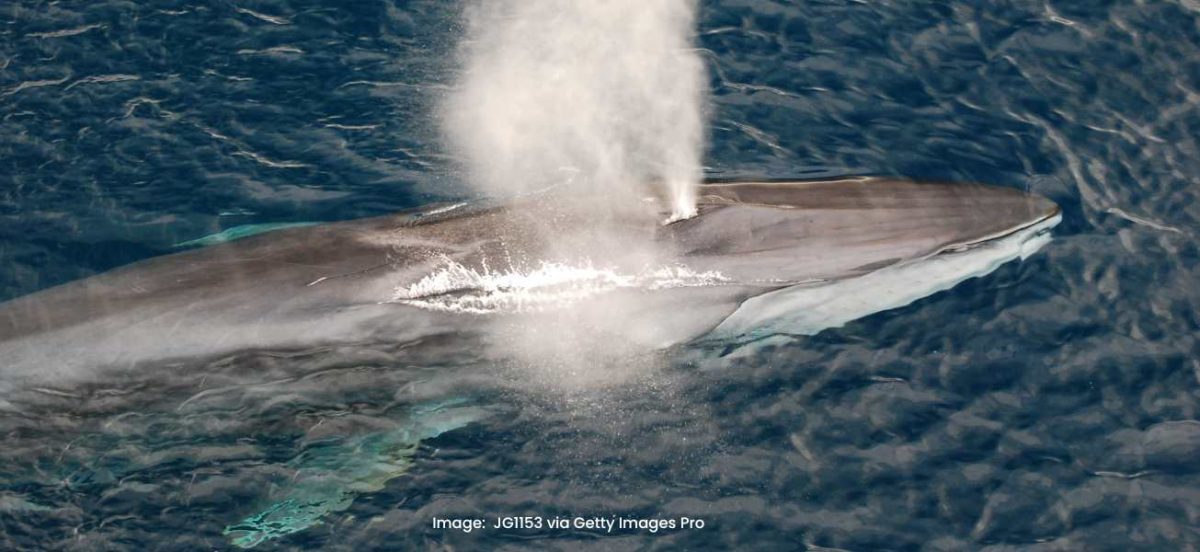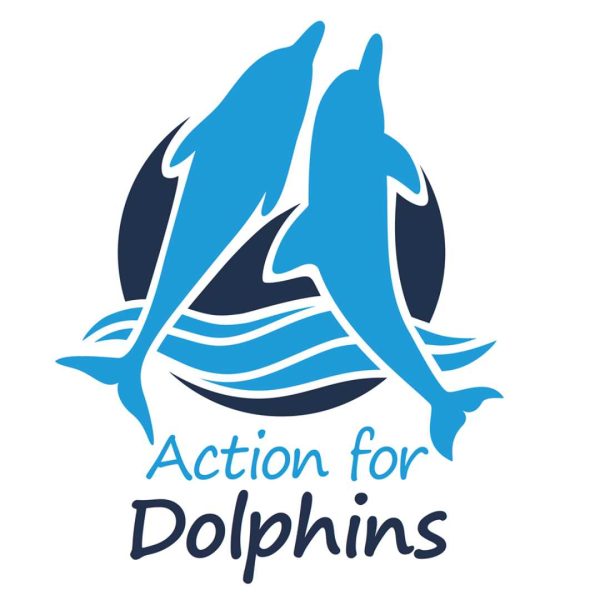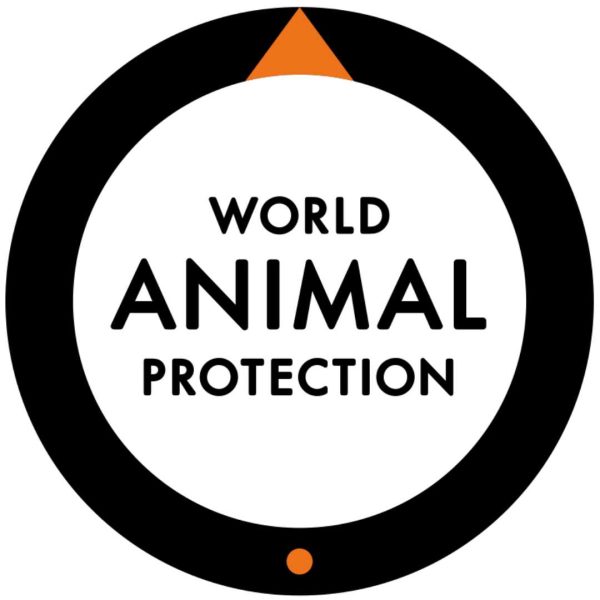Update [12/06/2024]: The Fisheries Agency’s Council approved the proposal to add fin whales to the other catchable species which include Minke, Bryde’s, and Sei whales.
Why whalers shouldn’t be allowed to target fin whales
- The officially designated and globally acknowledged “threatened” status of the fin whale
- The extremely low, and falling, demand for whale meat in Japan
- The lack of sustainability in the whaling industry, which is propped up by loans and subsidies
- The growing public sentiment globally against whaling and support for the International Whaling Commission’s ban on commercial whaling
- Research shows that whales contribute so much to the health of the oceans in particular and the environment in general.
Below is the letter we delivered to the Japanese Government expressing our objection to the hunting of fin whales.
The letter
We, the undersigned organisations, are writing to express our objections to and grave concerns about the recent announcement that the Japanese government is considering permitting the hunting of fin whales by Japan’s commercial whalers.
The fin whale population was decimated by commercial whalers in the 20th century, and even though the species was given protection from hunting by the International Whaling Commission (IWC) starting in 1976, its recovery has been slow. So slow, in fact, that it is still classified as “facing a high risk of extinction” by the International Union for the Conservation of Nature, and “endangered” by the World Wildlife Foundation and under the United States Endangered Species Act. It is also listed by the Convention on International Trade in Endangered Species of Wild Fauna and Flora (CITES) as an “Appendix I” animal, i.e. those species that are “threatened with extinction.”
It is widely known that other human-generated impacts such as pollution, climate change, fish net entanglement and strikes by ships already pose a serious threat to fin whale and other cetacean populations. We believe that it would be unconscionable and irresponsible for Japan to add to those threats the commercial whaling of a species that is already globally recognised as being in need of protection.
Furthermore, concerns have been raised about the method of killing fin and other threatened species, such as the sei whale, which is also hunted by Japanese whalers. Fin whales are killed using grenade-tipped harpoons, which are detonated inside the whale after impact. Recent research by the Icelandic Food and Veterinary Authority (MAST) revealed that on many occasions it takes multiple shots to kill the whale, causing immense pain and suffering over a prolonged period of time. In 2023, media around the world reported on an incident where a fin whale subjected to this killing method took over two hours to die. Iceland’s government suspended its hunts due to welfare concerns based on the MAST report stating the killing of the animals took too long.
Experts agree that Japan’s whalers will cause similar, if not even greater suffering. While there is no data available for fin whales, statistics from Japan on its hunts of the most comparable species, sei whales, which are killed with harpoon-grenades loaded with penthrite, reveal the “instant death rate” is below 50 percent. On the other hand, the time to chase and kill a sei whale can be nearly eight hours. Other reports talk about the “fear and distress” the whales experience from being chased by whalers, not to mention the “pain and injury” caused by the harpoons until death, which can take several hours and involve multiple explosions.
But aside from these ecological and welfare concerns, there is an inexcusable absence of logic in the Japanese government’s proposal. The Japanese government’s own data shows that consumer demand for whale meat in Japan continues to fall, and in fact is almost non-existent today. Consumption is so low that it is listed as “zero” in the government’s consumer census.
Furthermore, it is common knowledge in Japan and around the world that the commercial whaling industry in Japan could not survive without the significant subsidies it has received and continues to receive and is thus completely unsustainable. Indeed, a significant portion of these loans and taxpayer-burdened subsidies are used to prop up one company.
As an aside, that same company has made unsuccessful attempts to increase whale meat consumption by introducing whale meat vending machines in major cities, two-thirds of the cost of which is paid by taxpayers’ money. Furthermore, more than 2 billion yen is allotted to this company to conduct “sighting surveys” in the North Pacific Ocean and Antarctic Oceans where it is impossible for Japan’s whalers to catch whales.
The idea of increasing catch numbers amid this backdrop beggars belief and is already being widely condemned, especially by those many nations and millions of citizens around the globe that have for decades vehemently supported the IWCs veto on commercial whaling.
Lastly, scientific findings in recent years have shown not just the crucial role whales play in maintaining healthy marine environments, but the huge impact that whaling has had on the ocean’s ability to store and sequester carbon.
For these reasons, we must reiterate our objection to the proposed hunting of fin whales, and at the same time urge the Japanese government to reconsider its commercial whaling program and join the rest of the global community to show Japan really does care about the oceans, the environment, and these incredible creatures.
Best regards,
Action for Dolphins
Whale and Dolphin Conservation
World Animal Protection
PEACE
Help Animals
Keep informed on the risks faced by dolphins and small whales, and the global efforts to protect them.Subscribe to our newsroom





